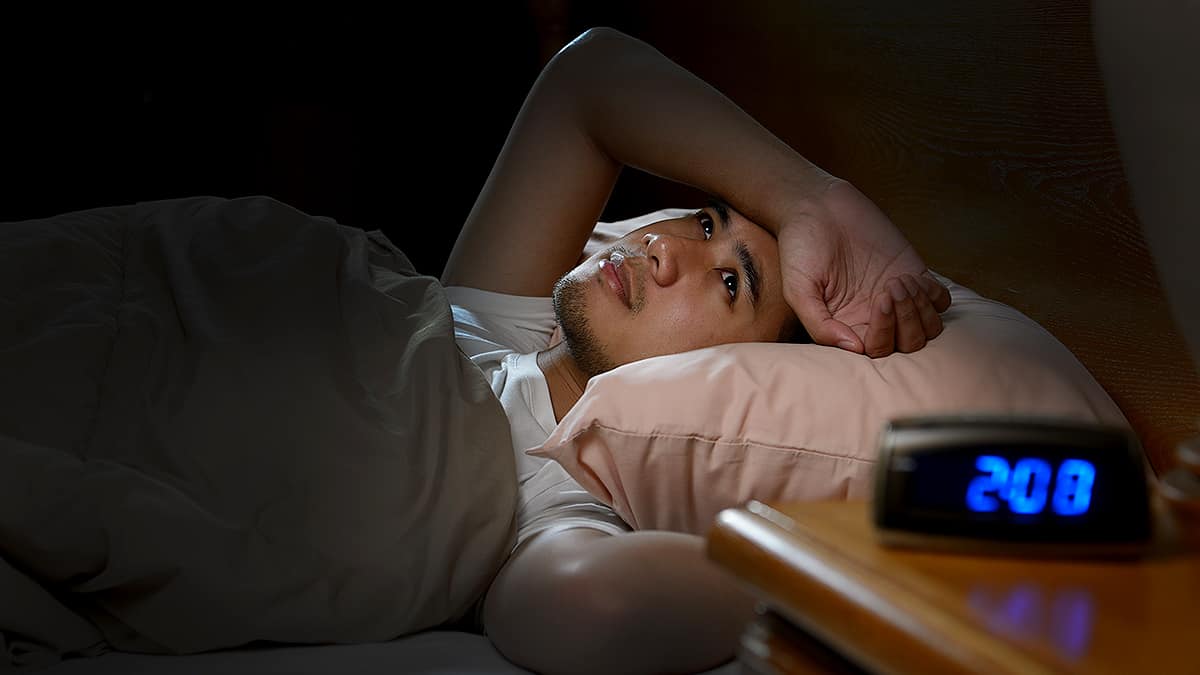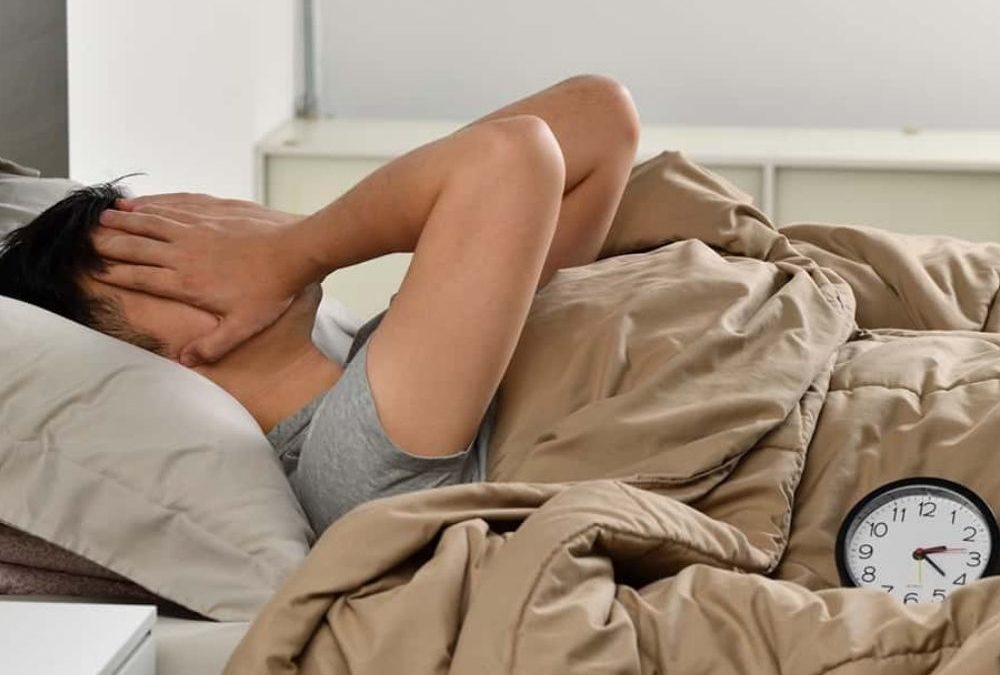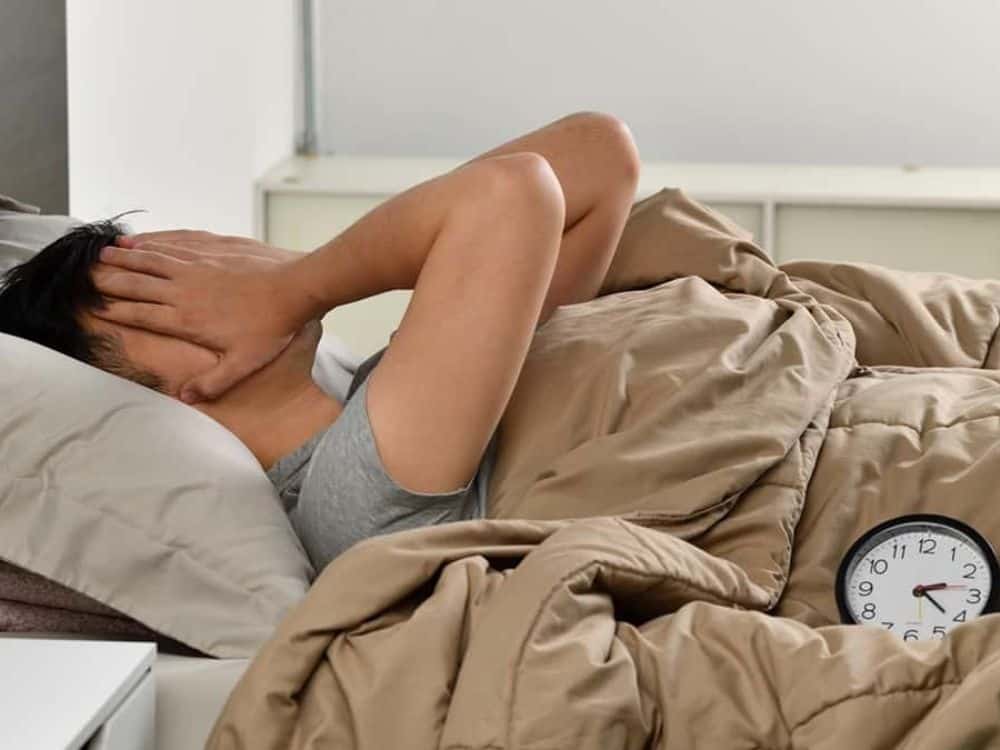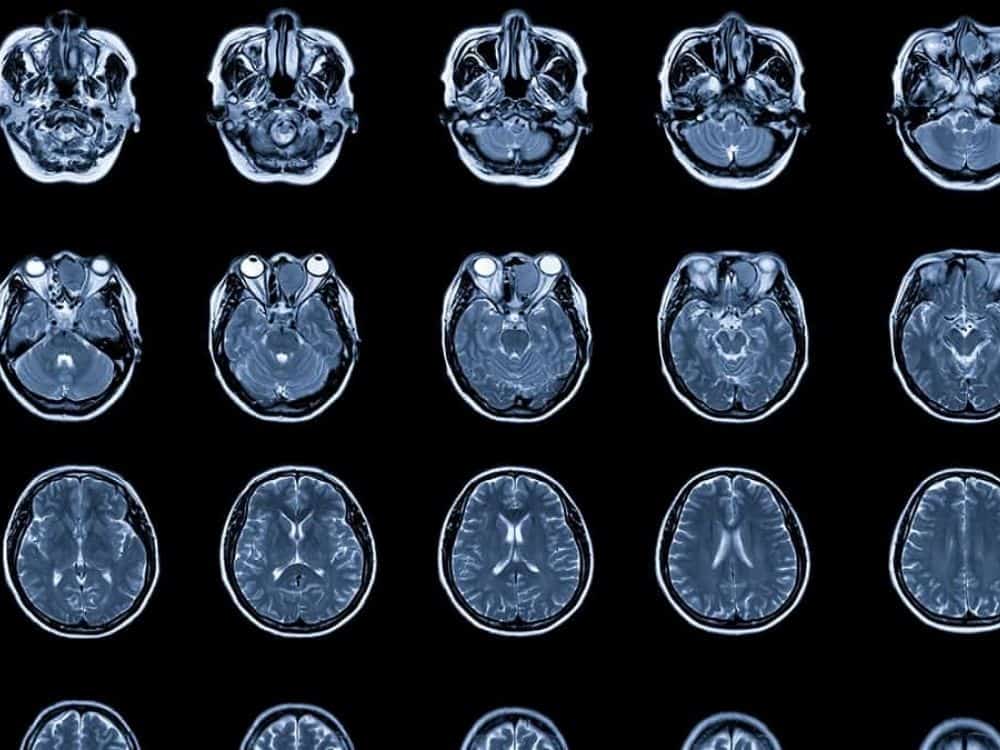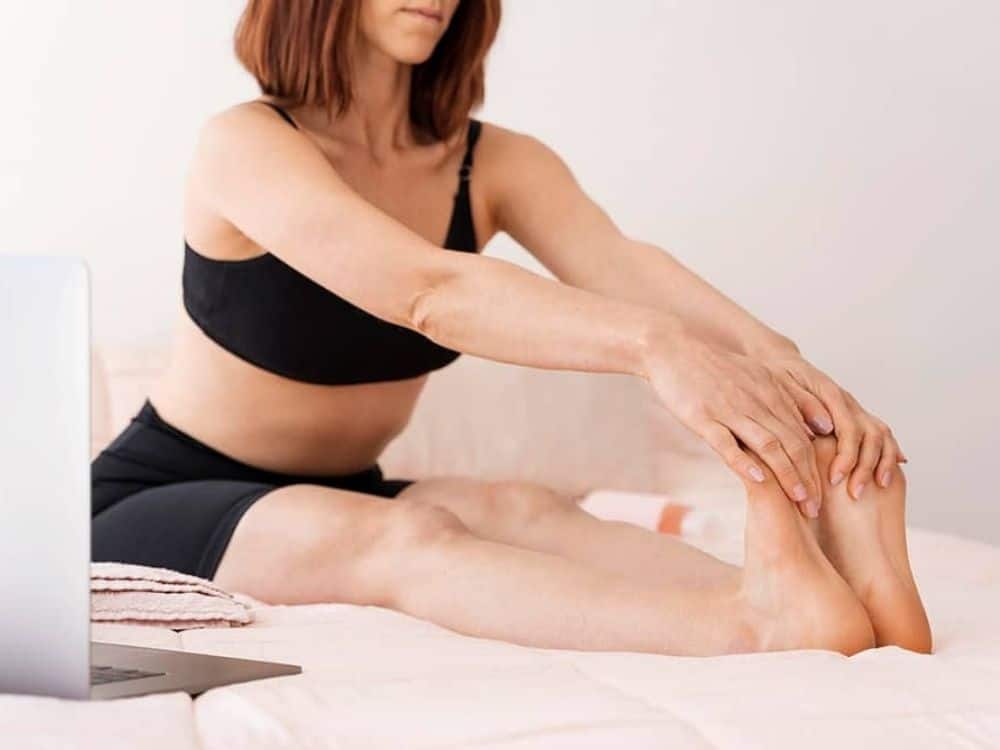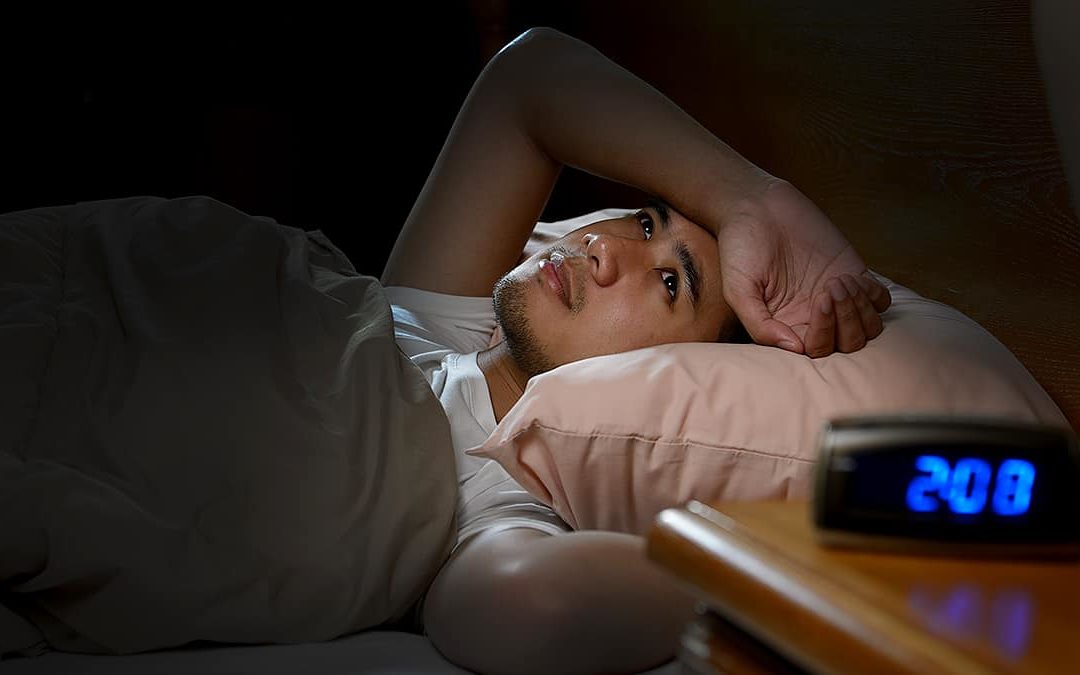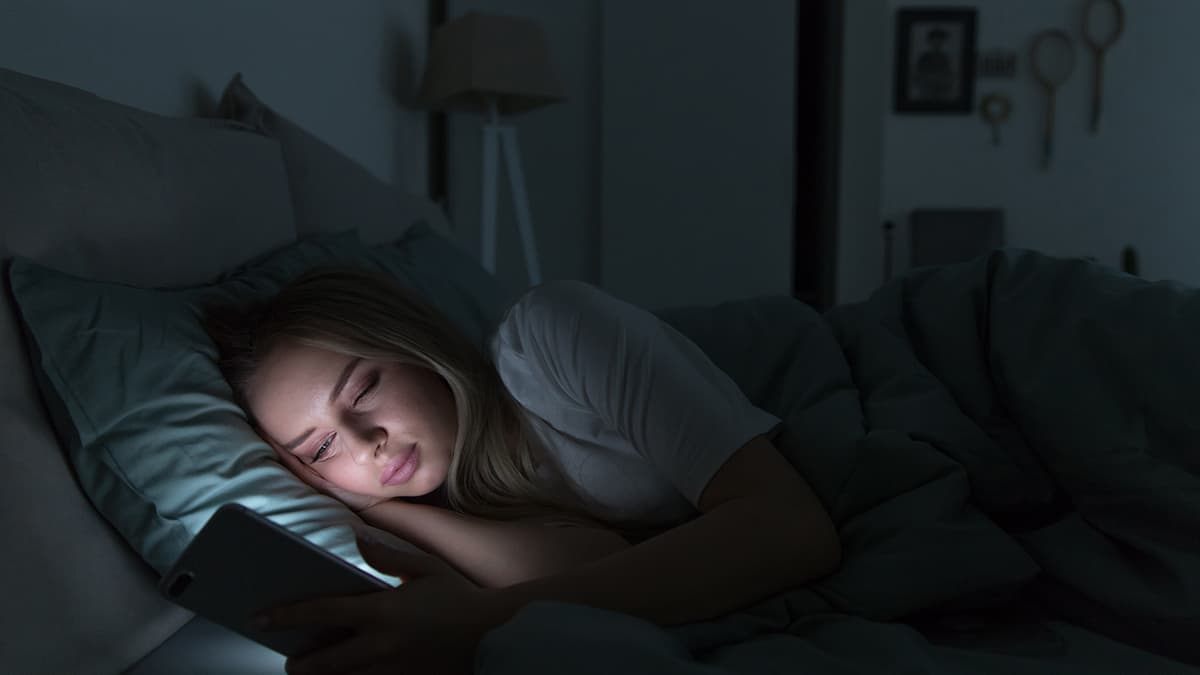Do you toss and turn while sleeping or feel like you’re spending your nights half awake? Are you often groggy the next day? If so, you may be experiencing restless sleep.
There are many factors — both within our bodies as well as in our environment — that can lead to a poor night’s sleep. Some people who experience restless nights may need to schedule an exam with their doctor, while others may sleep better after improving their bedtime surroundings. There are many steps that you can try to take if you are dealing with restless sleep.
What Is Restless Sleep?
Restless sleep occurs when a person doesn’t sleep well. People may experience tossing and turning, trouble falling asleep or staying asleep, or waking up not feeling well rested. Both adults and children may experience restless sleep.
For a long time, restless sleep was not a medical term, but rather a general term for poor sleep quality. Recently, doctors have come up with a medical definition that describes a disorder seen in children.
In order to get a diagnosis of restless sleep disorder (RSD), children need to meet certain criteria. In children with RSD, the body regularly makes large movements during sleep. This may include kicking, arm flailing, or rolling around. These symptoms happen often — at least five large movements an hour, at least three times per week, for at least three months. Doctors also need to rule out other possible sleep disorders before giving a diagnosis of RSD.
Currently, restless sleep disorder has not been defined in adults, and people over the age of 18 cannot receive a diagnosis of RSD. However, this does not mean that adults don’t experience restless sleep. It’s possible that RSD will become an officially recognized diagnosis for adults in the future. It’s also possible that a restless night’s sleep is actually caused by other sleep disorders.
Related Sleep Disorders
Up to one out of ten Americans have restless leg syndrome (RLS). People with RLS experience uncomfortable sensations that make them feel like they have to move or massage the legs. These feelings often appear in the evening or at night, and can make it hard to get to sleep. Many people with RLS also have a related condition called periodic limb movement of sleep (PLMS). People with PLMS experience arm or leg twitching while sleeping.
Another common sleep disorder is insomnia. Insomnia may cause someone to stay up very late or wake up very early in the morning and be unable to go back to sleep. Many people go through short periods of time where sleep is more difficult. It is less common to experience chronic insomnia, which lasts for at least one month. Insomnia may be caused by stress, mental health problems, medications, or other illnesses.
Sleep apnea is a condition in which a person regularly snores, snorts, or gasps while sleeping. This leads to poor-quality sleep that leaves a person feeling very tired the next day. Sleep apnea may develop on its own or as the result of other conditions like congestive heart failure.
There are also several other types of sleep disorders. Some conditions, like narcolepsy, make it hard for a person to stay awake during the day. Circadian rhythm disorders affect the body’s internal clock. Parasomnia occurs when a person performs unusual activities in their sleep, such as talking, eating, or walking.
How Do You Know If You Have Restless Sleep?
Different sleep disorders cause different symptoms. These may include:
- Taking more than 30 minutes to fall asleep
- Waking up frequently during the night
- Waking up too early in the morning and having trouble going back to sleep
- Feeling tingling or creeping sensations in the legs and needing to move or massage them
- Feeling unable to move when first waking up
- Experiencing sudden muscle weakness while laughing or while feeling scared or angry
- Feeling very tired during the day or napping too often
Some symptoms of poor sleep can only be noticed by someone else, such as a partner or a parent. You may experience sleep problems if someone tells you that you are making gasping or choking noises while sleeping, you stop breathing for a short amount of time, or your limbs are making large jerking movements.
Getting good sleep is very important. The body needs sleep to grow, heal, fight infection, learn, concentrate, and remember. Too little sleep can lead to both physical and mental health problems. If you are experiencing any symptoms of poor sleep, talk to your doctor, who can help you figure out whether you may have a sleep disorder.
How to Stop Restless Sleep
Restless sleep is sometimes caused by health problems. Treating these underlying conditions may help improve sleep. In other cases, people can improve sleep with medications, supplements, or medical devices. Sometimes, more restful sleep can be achieved simply by practicing better habits, both at night and during the day.
Treat Underlying Health Conditions
A good first step in addressing sleep problems is making sure you are in good health. Heart disease, lung disease, pain, nerve problems, and other medical conditions can all lead to worse sleep. Additionally, some medications can cause sleep problems as a side effect.
Sleep problems can also happen as a result of mental health disorders. For example, children with attention deficit/hyperactivity disorder (ADHD) are often restless when they sleep. Anxiety and depression can also make sleep difficult.
If you are experiencing restless sleep, talk to your doctor. Your doctor can help you figure out what is causing sleep problems, detect any underlying health conditions, and diagnose any sleep disorders.
Get More Iron
The body needs the mineral iron to carry oxygen around the body and to build proteins and enzymes that have many different roles in the body. When a person doesn’t have enough iron in the body, they may be diagnosed as iron-deficient.
Iron deficiency may play a role in several sleep disorders, including RLS, PLMS, and general sleep disturbances (GSD). One study also found a connection between iron deficiency and restless sleep disorder in children.
Most people aren’t iron deficient. However, children who are picky eaters or adults who don’t eat balanced meals may not be getting enough of this mineral. Women who have heavy periods may also be iron-deficient. Your doctor can measure iron levels with a basic blood test. If you have low levels of iron, your doctor may recommend taking iron supplements or eating more iron-rich foods.
People who have sleep problems because of an iron deficiency may start sleeping better once they fix the iron imbalance. Children with RSD have fewer symptoms and better sleep after increasing their iron levels. However, this strategy may not be effective for people who have normal levels of iron in the blood.
Medications and Supplements for Sleep

